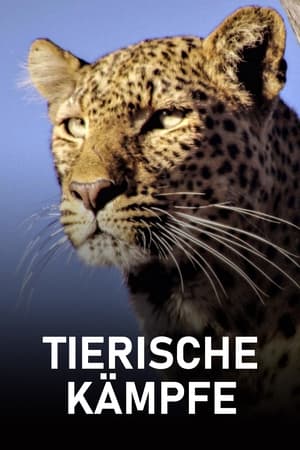Recommendations TVs
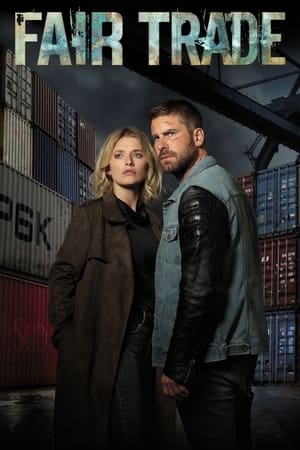
Fair Trade (nl)
Walter Wilson (Kevin Janssens) and Robin De Rover (Ella-June Henrard) once started their careers in the police force with great dedication and noble ideals, but too often saw months of intensive and dangerous detective work lost due to what they considered irrelevant procedural errors, dexterity of expensive lawyers and dubious decisions of foreign judges. They are increasingly colouring outside the lines during their patrols: for example, they tip criminals off about future police actions and get heavily paid for them. Wilson is also addicted (women, booze, drugs...) and that makes him incalculable. When he is suspended from the police force after repeated conflicts, he looks for even more rapprochement with the criminal environment, but in the meantime is tipsy game.

Romance in the Alley (zh)
The Zhuang, Lin, and Wu families live in a small alley in Suzhou during the late 1970s. As societal changes unfold, the parents and children in each household experience dramatic shifts in their fates, forever altering their lives and relationships.

Unspeakable (en)
Welcome to the world of Unspeakable. Watch YouTube sensation Nathan Graham as he pulls pranks, competes in wild challenges with friends and collaborates with YouTube stars like Preston and ZHC.

Mary Portas: Secret Shopper (en)
Mary Portas works with well-known brands and high-street chains to give shoppers the service they deserve. Mary convinces major brands to bare all and hand over the reins - but will they take on her advice?
Sale of the Century (en)
Sale of the Century was a UK game show based on a US game show of the same name. It was first shown on ITV from 1971 to 1983, hosted by Nicholas Parsons. The first series was supposed to air only in the Anglia region, but it rolled out to other regions since 8 January 1972 and achieved full national coverage by the end of 10 May 1975, at which point it was one of the most popular shows on the network - spawning the often-mocked catchphrase "and now, from Norwich, it's the quiz of the week." It has been revived twice first on Sky One from 1989 to 1990 hosted by Peter Marshall and then on Challenge TV in 1997 hosted by Keith Chegwin.
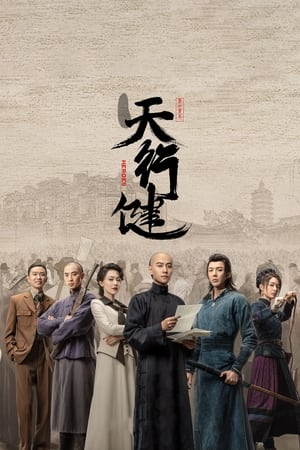
Heroes (zh)
The drama tells the story of a group of individuals with different backgrounds who were unexpectedly drawn into a mysterious treasure-hunting journey during the late Qing Dynasty. Amidst the grand and tumultuous historical tide, they gradually strengthened their ideals of saving the country.
Someone Like Me (en)
Someone Like Me is an American sitcom television series that aired from March 14 until April 25, 1994.
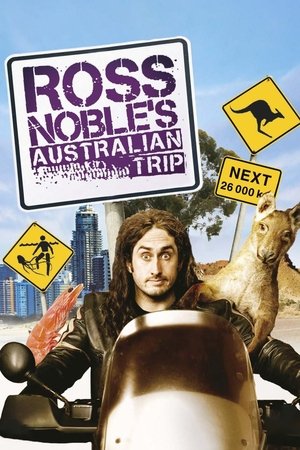
Ross Noble's Australian Trip (en)
Comic Ross Noble travels more than 26,000 kilometres, criss-crossing Australia to perform 85 standup shows. Along the way he shares some of his travel adventures, mishaps, and run-ins with emus.
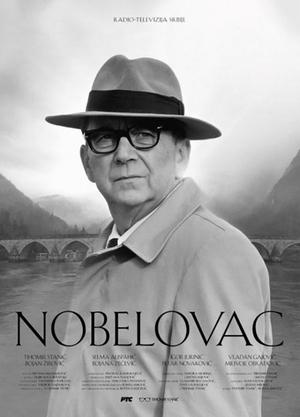
Nobel laureate (sr)
The eight-episode series follows the life of the writer Ivo Andrić during several months in the fall and winter of 1961, from the moment he found out he had won the Nobel Prize until he returned from the award ceremony, via Switzerland, to Belgrade. Each of the episodes has two parallel streams of narration: one, related to the year 1961, in which we follow Andrić's preparations for going to Stockholm, and the second, a subjective jump back to the past. Andrić's view of the key moments of his own life, which were almost always the key moments of the country where he lived and lives, the encounters and decisions he made, is full of questioning, doubts and re-evaluation. Through eight episodes, the most important, well-known and less well-known, paths that Andrić walked, the faces that surrounded him and the places where he lived during the winter of 1961 and throughout his life are revealed and followed.
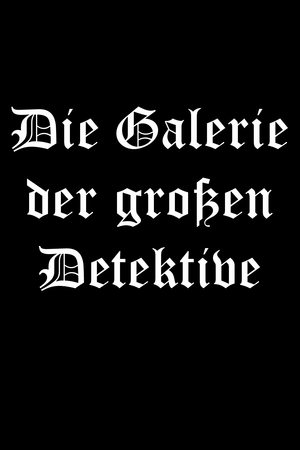
The Gallery of the Great Detectives (de)
This is a 7-part German crime series by Peter A. Horn. In self-contained and unconnected episodes, the great detectives of crime literature solve various cases. Sherlock Holmes (Ernst Fritz Fürbringer) and Dr. Watson (Harald Mannl) start things off, followed by Auguste Dupin, David Wilson, Father Brown, Inspector Bucket, Sergeant Cuff and Hercule Poirot. Every episode of this early crime series in the early days of television was still broadcast live. It could hardly have been more irregular: it was broadcast in loose succession on different days at different start times in prime time, and the length of the broadcast varied between 25 and 50 minutes.
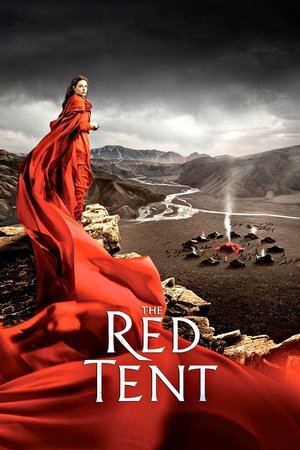
The Red Tent (en)
Her name is Dinah. In the Bible her life is only hinted at during a brief and violent detour within the more familiar chapters about her father, Jacob, and his dozen sons in the Book of Genesis. Told through Dinah's eloquent voice, this sweeping miniseries reveals the traditions and turmoil of ancient womanhood. Dinah's tale begins with the story of her mothers: Leah, Rachel, Zilpah, and Bilhah, the four wives of Jacob. They love Dinah and give her gifts that are to sustain her through a hard-working youth, a calling to midwifery, and a new home in a foreign land. Dinah tells us of the world of the red tent, the place where women were sequestered during their cycles of birthing, menses, and illness; of her initiations into the religious and sexual practices of her tribe; of Jacob's courtship with his four wives; of the mystery and wonder of caravans, farmers, shepherds, and slaves; of love and death in the city of Shechem; of her half-brother Joseph's rise in Egypt, and of course her marriage to Shechem and it's bloody consequences.








